European countries increase coal-fired power as climate talks loom
Many countries have pivoted back to coal-fired power, as greenhouse gas emissions hit record levels. See what’s driving the backflip.
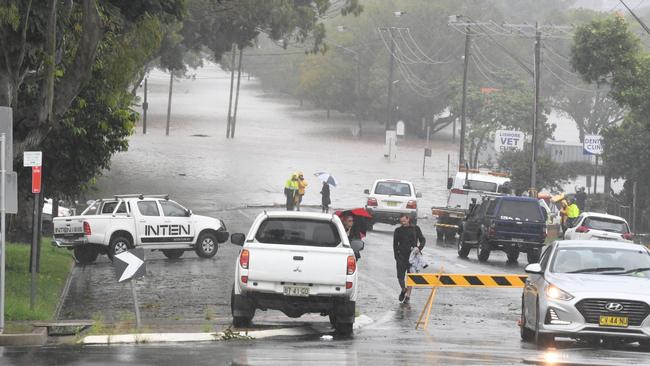
Environment
Don't miss out on the headlines from Environment. Followed categories will be added to My News.
Large swathes of Europe have pivoted back to coal as they wean themselves off Russian gas, pushing the price of the fossil fuel to all-time highs.
The sudden shift comes as world leaders prepare for the COP27 climate conference in Egypt, which will discuss how to limit global greenhouse gases at a time when both those emissions and the use of heavily-polluting coal are increasing.
Bold predictions were made at last year’s COP26 event in Glasgow that the “end of coal was in sight”, but this has proven to be premature, with Germany, Austria, Poland, Italy, the Netherlands and Greece turning back to coal-fired power in the wake of Russia’s invasion of Ukraine.
Greenhouse gas emissions have also hit record levels.
In its World Energy Outlook this week, the International Energy Agency revealed demand for coal had soared 10 per cent in some countries, and production had “struggled to keep pace“ with the sudden surge.
But the pivot back to coal would likely be temporary, the IEA said, with demand in Europe set to slump 50 per cent by 2030 as more renewables enter national grids.
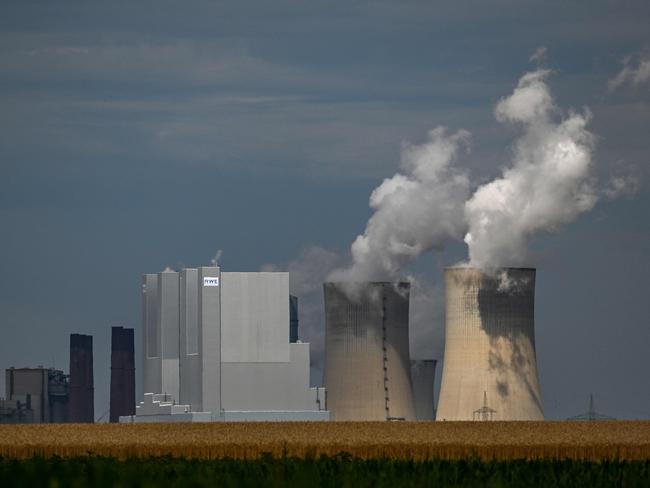
Climate Council researcher Dr Simon Bradshaw said Russia’s invasion of Ukraine would “likely accelerate the further transition to renewables” in the longer term.
“Europe is really trying to free itself from Russian gas as fast as possible, and it’s actually likely to exceed its renewables target and put forward a stronger one,” he said. “But there’s no doubt it’s been a year of great uncertainty and great disruption.”
Global climate politics expert Dr Jonathan Symons from Macquarie University said the “short term return to coal will be balanced by long-term decarbonising measures,” and the moment had parallels with the oil shocks of the 1970s, which led to tougher energy efficiency measures and the first research and development into renewables.
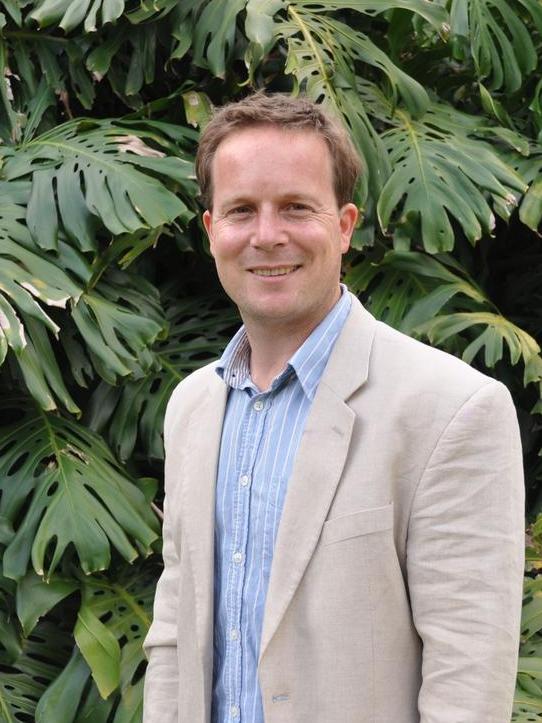

The focus of this year’s event would likely be less on the pledges to cut emissions that dominated the Glasgow talks, Dr Symons said, and more on adaptation measures and international assistance for nations experiencing the worst extreme weather.
From bushfires in Europe and the US, to record-breaking floods in Pakistan and Australia, it has been a year of “extraordinary unrelenting extreme weather disasters,” Dr Bradshaw said, and these events would “absolutely shape the mood and the expectations going into this COP”.
‘We don’t want to be refugees’
Torres Strait Islander traditional owner Yessie Mosby will be travelling to Egypt with his 12-year-old sun Genia to tell the world how climate change is already impacting life on the low-lying island of Masig in the central Torres Strait.
“Mother Earth is confused; things are not like how they have been for thousands of years,” the 40 year old said.
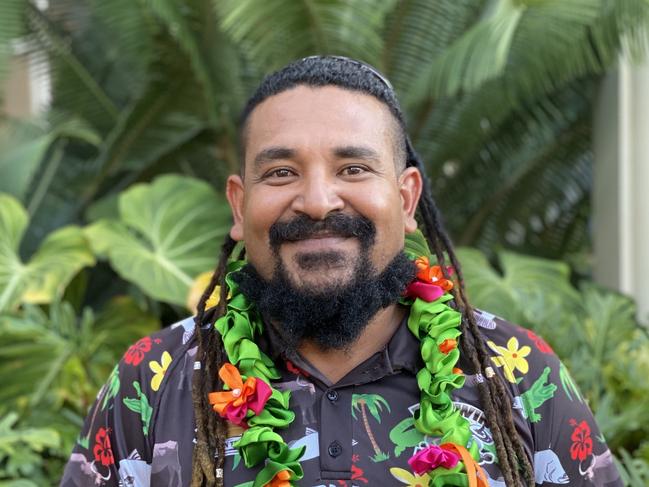
Tidal inundation over gravesites on Masig had swept the remains of ancestors out to sea, Mr Mosby said, while changes to marine, bird and plant life were also apparent on the island.
“Is this right, for a child to pick up the bones of the lady that gave birth to my great great great grandfather?,” Mr Mosby said. “Should she lay in peace, or just be scattered on the beach like shells? (My son) will be talking as well, and I’m honoured that COP27 will give him the opportunity.”
Mr Mosby said forecasts that Masig islanders might have to be relocated within 30 to 50 years because of rising sea levels had alarmed but also galvanised the community.
“We don’t want to be removed from our home,” he said. “This is our mother and father, our genealogy is here, our lineage is here … we don’t want to be refugees in our own country. That’s the saddest thing, and that why we’re fighting now.”
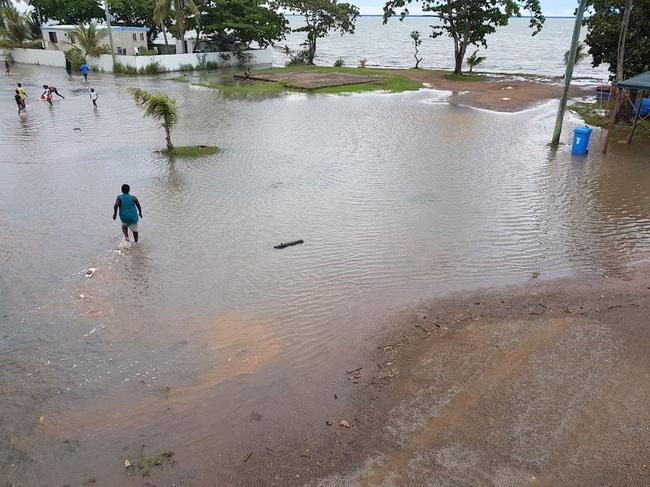
Drastic solutions proposed for climate crisis
It sounds like the plot of a science fiction film: a mission to block out sunlight to save the world from global warming.
But it is one of a handful of drastic yet genuine concepts that will come up for discussion at the COP27 conference in Egypt, pushed by a group of international experts called the Climate Overshoot Commission (COC).
While official delegates to the conference will be focusing on ways to bring down still-rising global greenhouse gas emissions, the COC was formed to explore the possibility that these efforts may not be enough to prevent climate catastrophe, and more radical solutions are needed.
The group has proposed capturing carbon directly from the air, and dispersing aerosols into the atmosphere to reflect sunlight back into space (a technology called solar geo-engineering) to slow down the greenhouse effect that is causing global warming.
The process could be undertaken “by a fleet of aircraft at an estimated annual cost of tens of billions of dollars,” the COC stated in a recent discussion paper.

Alternative proposals involve brightening clouds with seawater to increase their reflectivity, increasing the surface reflectivity of the world’s oceans through “microbubbles” or foam, and lightening the colour of terrestrial surfaces (such as roofs, fields and desserts) so they absorb less heat.
The COC will present their ideas on 11 and 12 November at the Paris Peace Forum, and again on 17 November at COP27.
In a recent interview with Reuters, COC co-chair Pascal Lamy, a former head of the World Trade Organisation, said there was a “very high likelihood” global warming would overshoot the Paris Agreement goal of 1.5 degrees, and this “necessitates a review of the action”.
“We are here to leave no stone unturned,” Reuters quoted Mr Lamy as saying.
Calls for research to be halted
But an international group of 60 experts, including one Sydney University professor, say the risks from solar geoengineering are unacceptable, and research into this “speculative technology” should be halted immediately.
Earlier this year, the group penned an open letter to the UN, arguing solar geoengineering could pose unanticipated risks to “regional weather patterns, agriculture, and the provision of basic needs of food and water”.
Betting on the idea actually working could also undermine efforts to lower emissions, the experts warned.
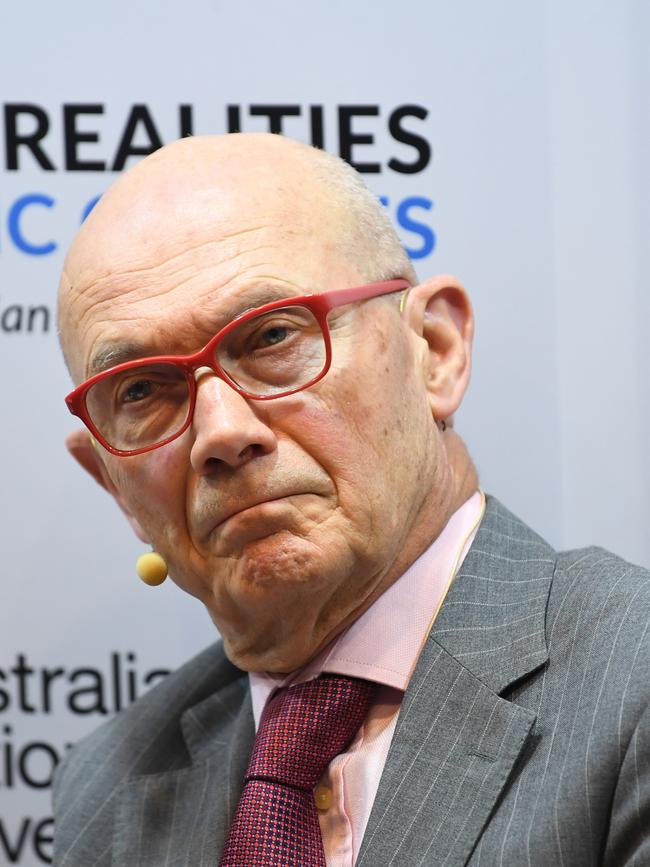
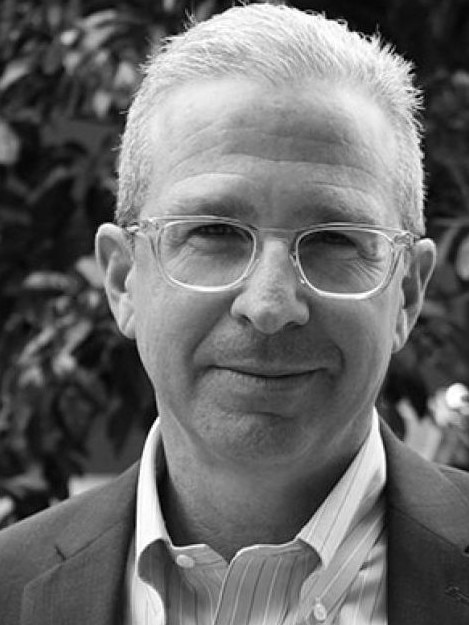
Professor David Schlosberg, Director of the Sydney Environment Institute, said his doubts about solar geoengineering had been growing.
“My concern has always been that, yes, we might be able to design this technology and it might work to cool the planet, we don’t know, but there’s a huge risk there – and where is democracy and where is justice in these considerations?” he said.
Research on solar geoengineering is at present being done by just a small group of scientists in the US and UK, but Prof Schlosberg and his cohort say that without a global ban, countries, corporations or billionaires could engage in solar geoengineering unilaterally, potentially putting billions of human and animal lives at risk.
Global climate politics expert Dr Symons from Macquarie University said some of the more radical solutions to climate change, such as solar geo-engineering and removing carbon from the atmosphere, were receiving more and more research interest, particularly in the US.
“It might be that the Overshoot Commission … will also recommend expanded research but I think it is an item that is just coming onto the agenda, rather than being a high profile element at this point,” he said.
Originally published as European countries increase coal-fired power as climate talks loom





